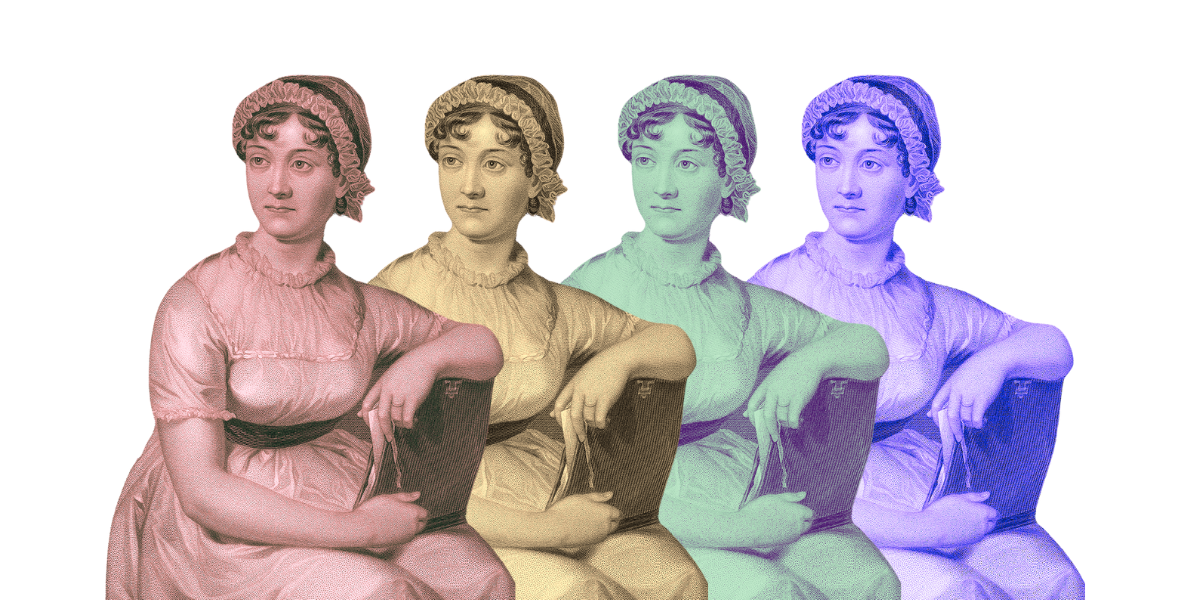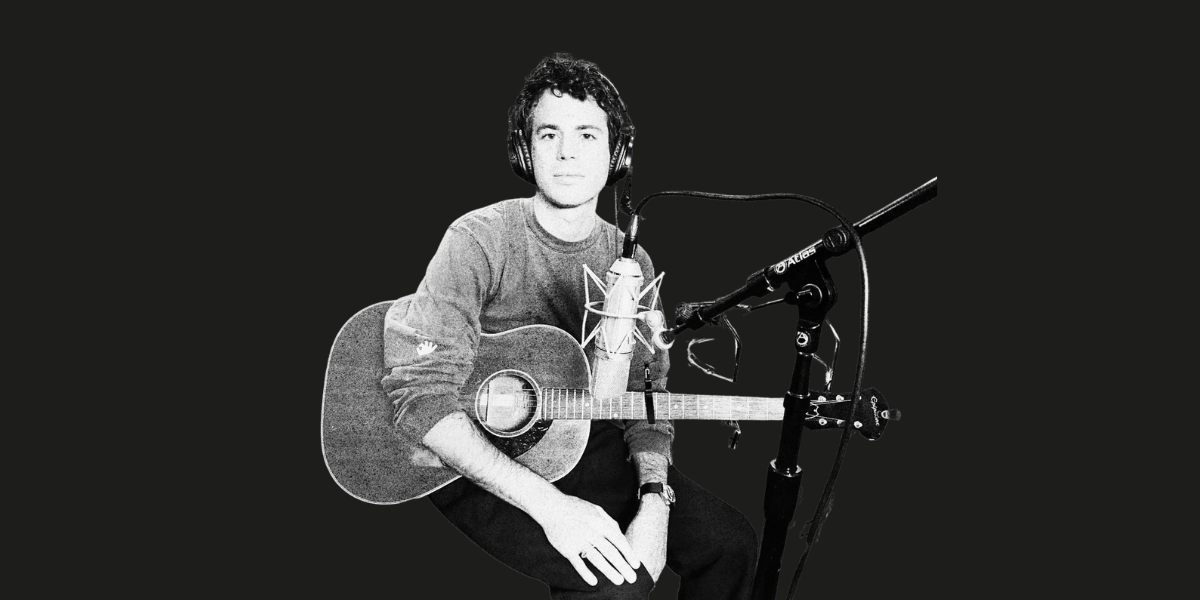It's no secret that here at Freewrite, we're a bit obsessed with overcoming digital distractions to live your best life.
That's why we love the Global Day of Unplugging.

What is the Global Day of Unplugging?
Founded by nonprofit org Reboot, the Global Day of Unplugging has grown from a small initiative to a global movement embraced by thousands seeking relief from digital overload.
The day, typically held in March, offers people an opportunity to practice a 24-hour period of setting aside soul-sucking devices and reconnecting with ourselves, others, and the physical world around us.
But, Freewrite, you make digital devices. Why are you promoting this?
Sure, we love our tech. But at the core of our mission is a desire to create tech that enhances people's lives and helps them practice their passions — rather than depleting their well-being and energy.
And the philosophy behind the Global Day of Unplugging isn't actually anti-technology. It's pro-balance. Reboot promotes mindful usage rather than complete rejection of our digital tools.
The philosophy behind the Global Day of Unplugging isn't actually anti-technology. It's pro-balance.
Why Participate in the Global Day of Unplugging?
We talk about this a lot. Like here. And here and here. (See below for a list of articles.)
Studies consistently show that excessive time scrolling damages our productivity, our mental health, and our bodies. It contributes to increased stress, poor sleep quality, decreased attention spans, reduced face-to-face social interaction, and more.
Taking a deliberate break can:
- Reset your relationship with technology
- Reduce anxiety and improve mental clarity
- Enhance creativity and focus
- Strengthen in-person relationships
- Improve sleep quality
- Create space for neglected hobbies and activities
- And more!
Studies consistently show that excessive time scrolling damages our productivity, our mental health, and our bodies.
How to Prepare for the Day of Unplugging
Successfully unplugging requires some advance planning.
Now, we understand that being able to disconnect completely is, for many, a privilege modern life doesn't afford. Between work responsibilities and family safety concerns, different people will be able to achieve different levels of "unplugging."
Here's how we suggest preparing:
- Set clear boundaries.Decide exactly when your unplugging period will begin and end. Communicate these boundaries to friends, family, and colleagues so they understand your temporary unavailability. Consider setting up an auto-responder for emails and messages explaining your digital break.
- Create a plan. Decide what you're going to do with your offline time, and assemble the items that will help you focus. If you know what you're going to do, you're less likely to reach for your phone out of boredom. Suggested activities: writing, reading, doing a craft, cycling, going for a nature walk, playing a board game, going to the dog park, cooking a special meal, or simply commiting to unstructured time to daydream.
- Put your phone away.While some people may be able to completely turn off their phones, if you can't due to certain responsibilities, simply treat it like a landline. Leave it in one room of the house and do your activities in another.
-
And, of course, charge your Freewrite.That way, you're ready to take it on the go for the Global Day of Unplugging. Go write at the park, or a museum, or the zoo, or anywhere else you can think of!































